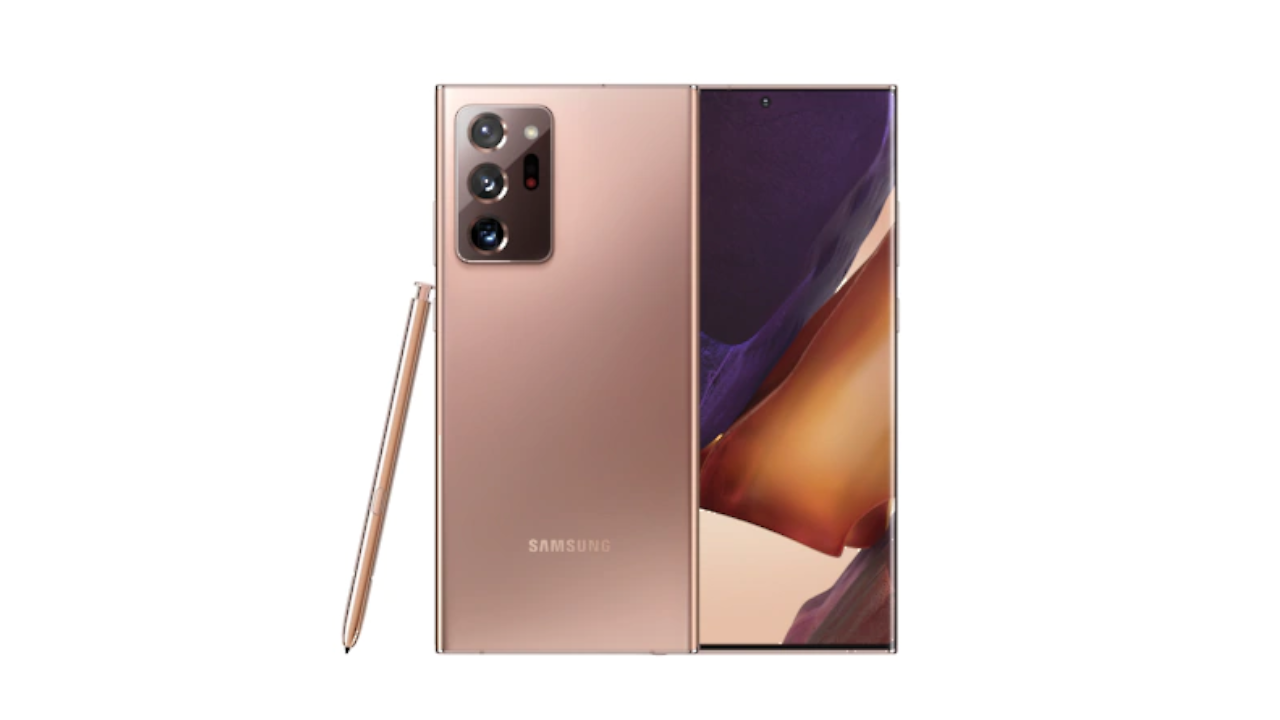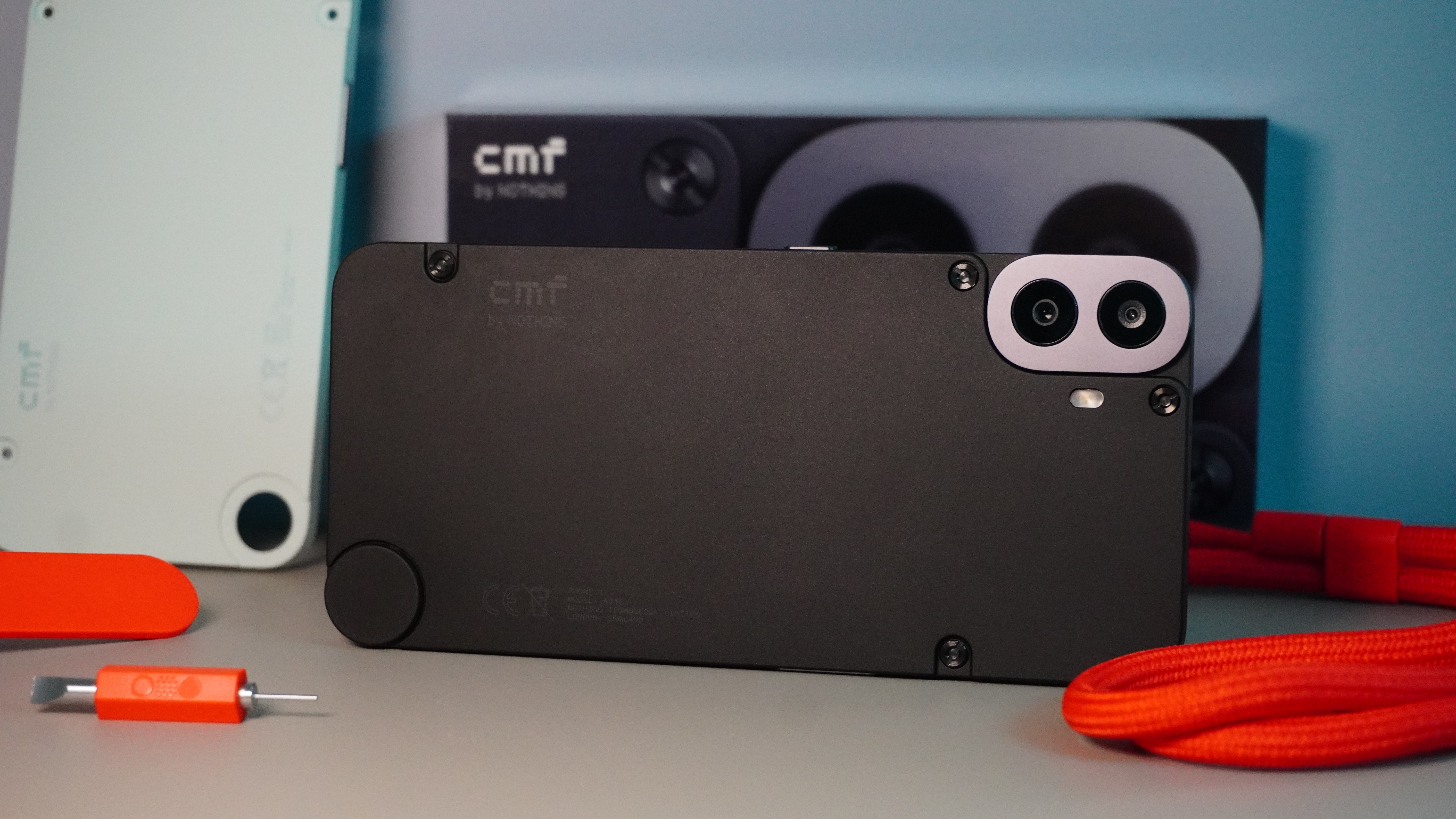

The Galaxy Note 20 Ultra was unveiled at Samsung's Unpacked event last week, and one of the premium smartphone's features that we love is the whopping 6.9-inch Super AMOLED display with its 120Hz refresh rate, and QHD+ resolution.
But the latest news from Samsung has just made the device look even more appealing - and rubbed a hefty amount of salt into the iPhone 12 wound.
- Breaking! Halo Infinite slips from Xbox Series X launch line-up
- Forget the OnePlus Nord – and say hello to the OnePlus Aurora
- A cheap iPhone 12 is coming – but there's a catch
In the battle of displays, Apple is lagging behind significantly with the iPhone 12. There were rumours that the new iPhone - or at least one of the four models - would be touting a 120Hz display, but that doesn't seem to be the case after all. That means the iPhone 12 won't have a leg to stand on against the Galaxy Note 20 Ultra - and most Android phones in fact.
The OnePlus 8 Pro - T3's pick for smartphone of the year and gadget of the year - packs a 120Hz display, and even the budget OnePlus Nord has a smooth 90Hz refresh rate, after the company pledged that all of its future handsets would meet that standard as a minimum.
The Samsung Galaxy Note 20 Ultra - the top tier offering in the new Note range - is sporting a 120Hz display, but the Korean tech giant has revealed that it won't drain the battery as much as you'd expect with a smartphone screen that has such a high refresh rate, thanks to its new adaptive frequency technology.
According Samsung Display that means that when you're playing mobile games, you'll be getting the 120Hz you need for a smooth gaming experience, but if you switch to watching a film, it'll drop down to 60Hz. If you're scrolling through your inbox, the display will drop down to 30Hz, and if you're viewing a static image or browsing social media, it'll dip all the way down to 10Hz.
- A cheap iPhone 12 is coming – but there's a catch
- Xbox Series X bombshell reveal sends shockwaves through PS5 HQ
Samsung explains that existing smartphone panels are stuck at a fixed refresh rate, and "cannot automatically calibrate a phone’s refresh rate, which would result in image flickering caused by luminance differences at lower refresh rates." The new tech eliminates the flickering completely - even for frequencies as low as 10Hz.
Sign up to the T3 newsletter for smarter living straight to your inbox
Get all the latest news, reviews, deals and buying guides on gorgeous tech, home and active products from the T3 experts
It can also reduce battery consumption by 40% at the 10Hz marker, while existing panels "unnecessarily waste power" with "consistent, fixed frequency" that applies to all content, regardless of whether it's required. Samsung Display VP, Ho-Jung Lee, said:
"Our Adaptive Frequency display technology is expected to considerably enhance the user experience by calibrating refresh rates in line with the requirements of a specific application and therein more precisely allocating available power. This will free up time for other smartphone operations".
The tech will be available to other smartphone manufacturers who want to get in on it - and why wouldn't they - but the Galaxy Note 20 Ultra 5G is the first smartphone to utilise this technology; so if you want to get the most from your display without compromising battery power, there's your answer.
Source: Business Wire
Shabana worked at T3.com as News Editor covering tech and gaming, and has been writing about video games for almost a decade (and playing them since forever). She's had bylines at major gaming sites during her freelance career before settling down here at T3, and has podcasts, streaming, and video content under her belt to boot. Outside of work, she also plays video games and should really think about expanding her hobbies. If you have any tech or gaming tips, shoot over an email or DM her on social media.
-
 Nothing's next phone could be a budget powerhouse, thanks to this confirmed hardware detail
Nothing's next phone could be a budget powerhouse, thanks to this confirmed hardware detailOfficial details reveal more about the next phone coming from Nothing
By Chris Hall
-
 The biggest mistake you’re making when cooking Easter lamb in an air fryer
The biggest mistake you’re making when cooking Easter lamb in an air fryerCooking Easter lunch in your air fryer? Don’t make this mistake…
By Bethan Girdler-Maslen